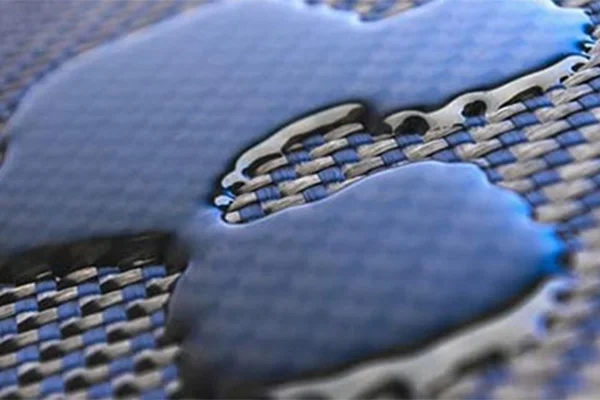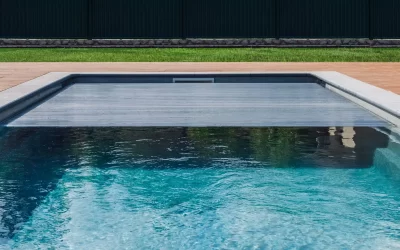The Role of Resins in Corrosion Fabrication
Resins in Corrosion Fabrication play a pivotal role in ensuring you have the appropriate chemical barriers and structural requirements for your current activity. To make sure you have the appropriate chemical barriers and structural requirements for your current activity, we collaborate with our essential suppliers.
We are aware of your demands in the areas of chemical resistance, processing, and storage of all varieties of chemical solutions, concentrates, and temperature range. In order to meet your needs for chemical resistance, we have a large selection of certain resin types as well as glass fibres and other types of fibre. With our primary resin formulators and fibre suppliers, we have been offering these goods and services for more than 50 years. For structural and chemical advice, we also collaborate with certified experts in this sector, assisting you in receiving the right guidance and suggestions from one of these consultants.
Introduction
A significant issue in the industrial sector is corrosion, which damages items and shortens their useful lives. Resins are frequently employed in corrosion fabrication to create materials that mitigate this problem. In composite materials, which consist of a combination of fibres and resins, resins play a pivotal role. A firm called Composites Fibreglass International obtains raw materials from all around the world and offers specialised goods and services to its clients. We will provide a summary of the role of resins in corrosion fabrication in this blog.
Uses Of Resins in Corrosion Fabrication
Typically, the resins used in corrosion manufacturing are thermosetting, meaning that heat causes them to solidify. Polyester, epoxy, and vinyl ester are the three major types of resins utilised in this technique. Each kind of resin has distinct qualities and benefits of its own.
Polyester Resins
Polyester resins are the most common resin type in corrosion fabrication. This is due to the fact that they are more affordable, easier to work with, and have superior mechanical and electrical properties. In saying this, they do have poor resistance to chemicals and UV light, making them less suitable for applications in outdoor environments.
Epoxy Resins
Because of their exceptional strength and longevity, epoxy resins are well-known in corrosion fabrication. They are perfect for outdoor applications because of their exceptional chemical and UV resistance. Epoxy resins demand more specialised handling than polyester resins and are also more costly.
Vinyl Ester
Epoxy and polyester resins are combined to create vinyl ester resins, a popular choice in corrosion fabrication. They combine the affordability of polyester resins with the strength and toughness of epoxy resins. Vinyl ester resins are well-liked for applications that require chemical and UV resistance as well as resistance to light.
Choosing the Right Resins in Corrosion Fabrication
In order to guarantee the durability and efficacy of the material in corrosion fabrication, selecting the appropriate resin for a certain application is crucial. The kind of environment the material will be exposed to, the anticipated material lifespan, and the necessary mechanical and electrical qualities are all things to take into account when choosing a resin.
Epoxy resins, for instance, may be the ideal option in corrosion fabrication if a material will be exposed to severe chemicals and UV radiation because of their better resistance to these elements. Nonetheless, polyester resins could be a good option in corrosion fabrication if cost is an issue and the material won’t be subjected to adverse weather.

Application of Resins
Generally, “wet layup” is the method used to apply resins in corrosion fabrication. The glue and hardener are blended in this way, then physically applied to a surface. After covering the wet glue with fibres, the process is repeated until the desired thickness is achieved. The resin becomes a strong and durable material as it cures and hardens over time.
Conclusion
Resins are essential in creating materials resistant to corrosion because they provide materials exposed to hostile conditions with strength and longevity. The most popular resin types in corrosion fabrication are polyester, epoxy, and vinyl ester resins, each with special benefits and features. In order to guarantee the durability and efficacy of the material in corrosion fabrication, selecting the appropriate resin for a certain application is crucial. Wet layup is a common method for applying resins in corrosion fabrication, which requires combining the resin with a hardener before applying it by hand. Composites Fibreglass International obtains its raw materials from all over the world and offers its clients specialised goods and services, such as resins for manufacturing against corrosion.
Thank you for reading our blog. If you have any questions or would like to learn more about our products and services, please don’t hesitate to contact us. Our knowledgeable team at Composites Fibreglass International is here to assist you and provide you with the information to meet your needs.



